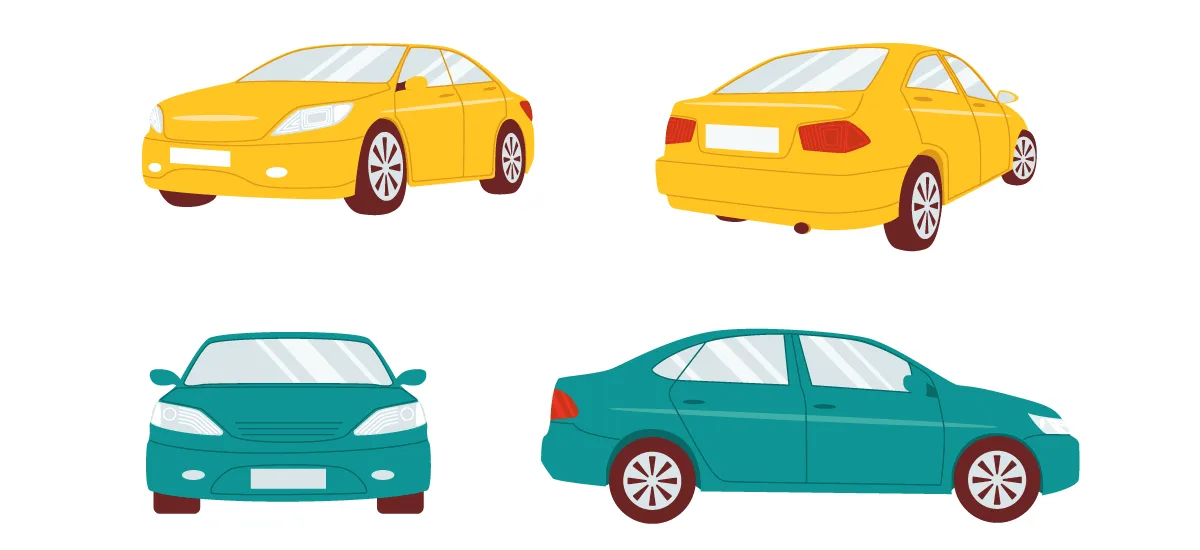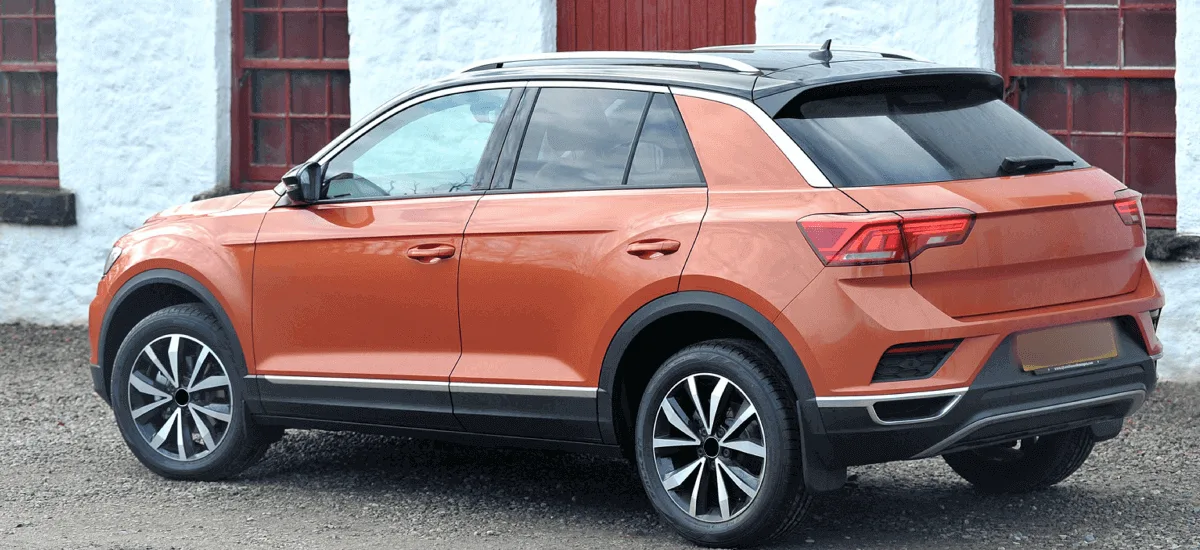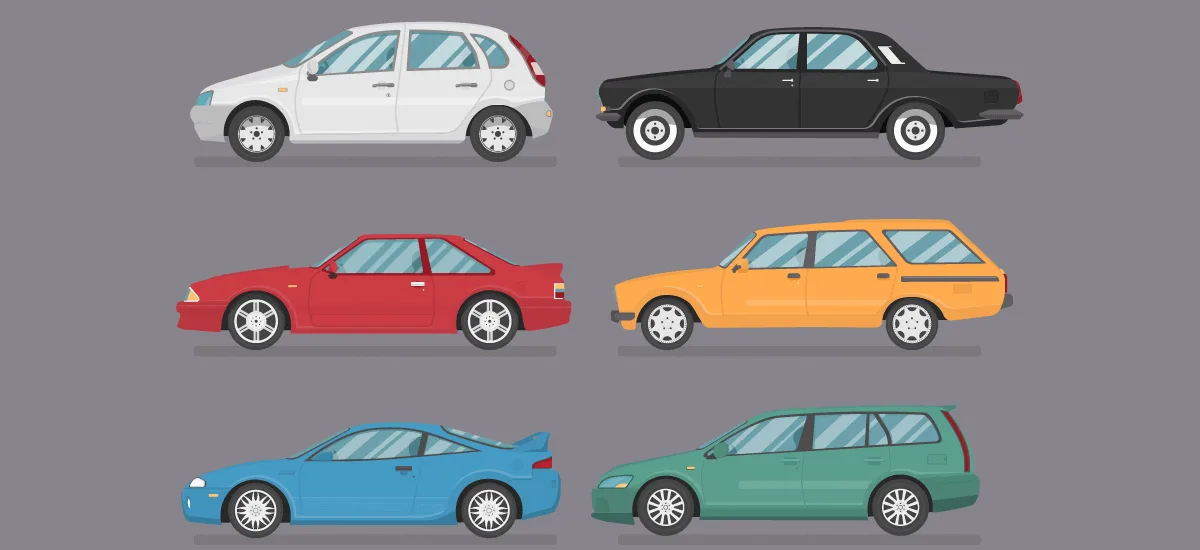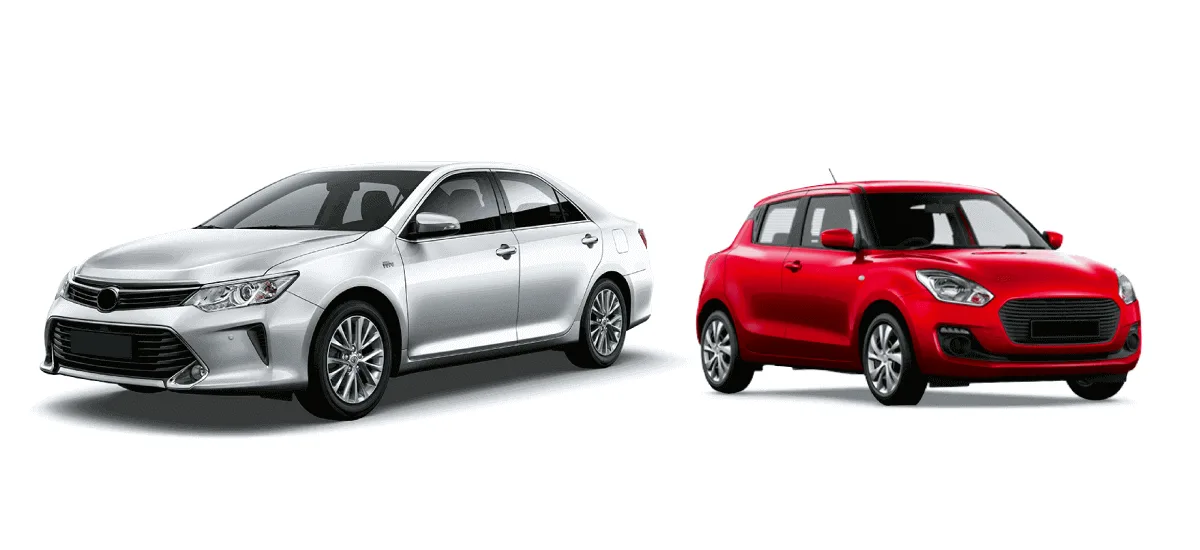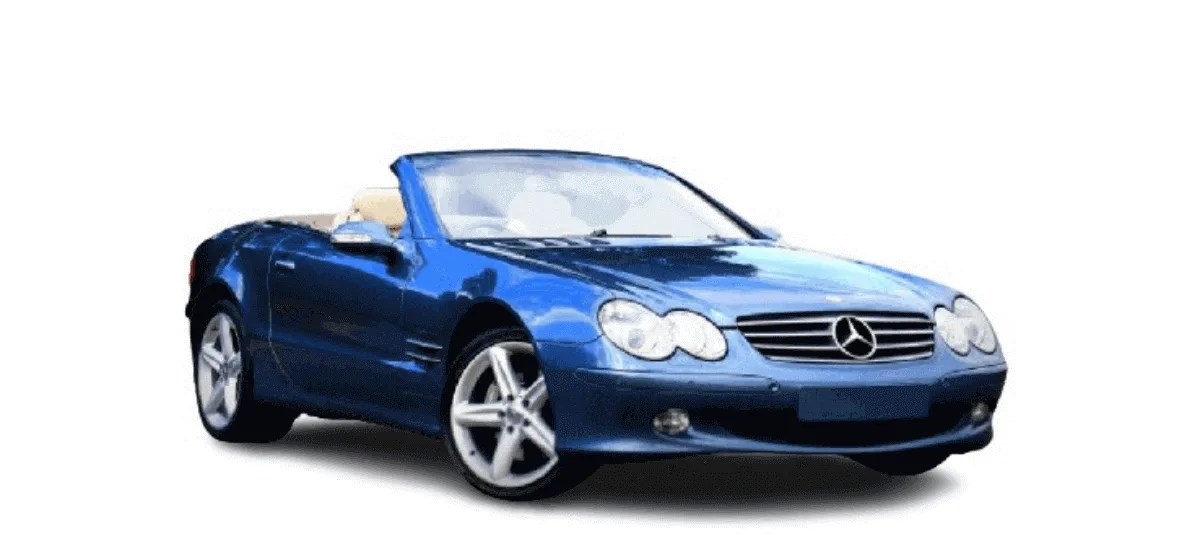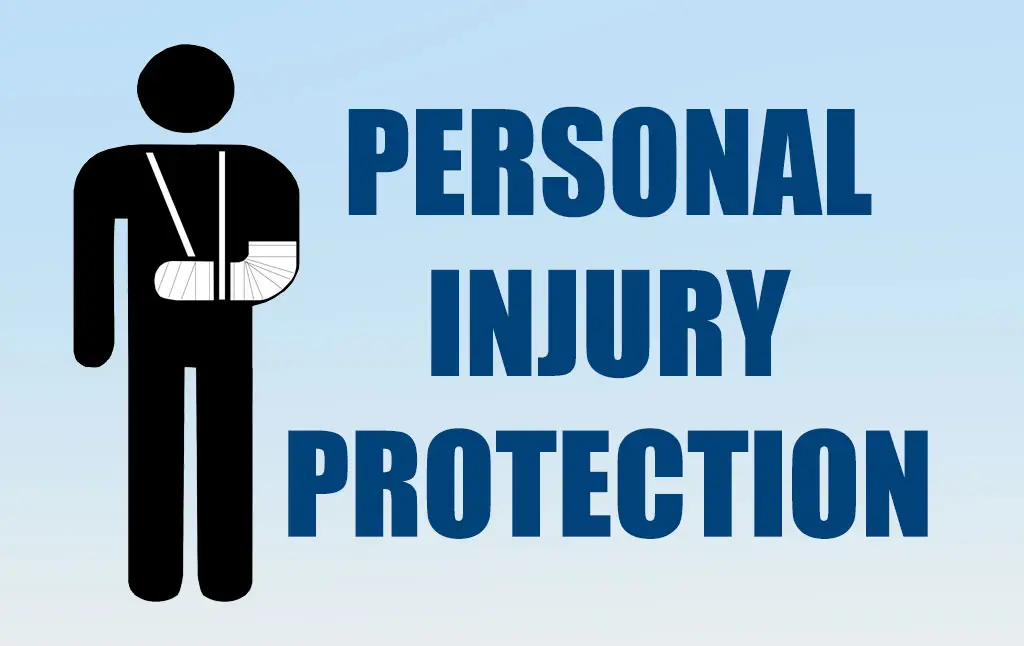
Personal injury protection (PIP), which is also called “no-fault insurance,” covers medical bills and related costs resulting from an accident, no matter who caused it.
What Is Personal Injury Protection (PIP)?
Personal injury protection (PIP), also known as “no-fault insurance,” is a component of an automobile insurance plan that covers the healthcare expenses associated with a car accident. PIP covers medical expenses for both injured policyholders and passengers, even if some don’t have health insurance.
If the cost of necessary medical care exceeds the auto insurance policy’s PIP limits, health insurance sometimes covers further expenses. Policies have a per-person maximum, meaning that coverage is limited to a certain amount per person if multiple people are injured in an accident.
How Personal Injury Protection Works
Auto insurance requirements and features differ from state to state, and PIP coverage is available primarily in no-fault states. In a no-fault state, if a policyholder is injured in a car crash, that person’s policy pays for the holder’s medical care regardless of who caused the accident. Policyholders with PIP coverage can receive benefits even if the other driver doesn’t have insurance.
PIP coverage, in addition to making medical care affordable, often provides payments for lost income, child care, and funeral expenses related to the accident. Some no-fault states offer medical payments coverage, but it typically has low limits and does not pay for these other costs. The number of states that either require PIP or offer it as an optional add-on to insurance.
PIP auto insurance is required in 12 states and Puerto Rico. Minimum coverage requirements are set by the state governments and can vary. Maximums are set by insurance companies and can also vary, but they are usually no more than $25,000.
Example of Personal Injury Protection (PIP)
For example, say you live in Florida, where you are required to have a minimum personal injury protection policy of $10,000. If you caused an accident that resulted in injuries to you that required medical treatment costing $15,000, your PIP would cover $10,000. If you purchased a plan with more coverage, your insurance would pay for expenses up to that limit.
In contrast, liability insurance does not cover the cost of your medical bills if you were at-fault in an accident. It only covers expenses incurred by third-parties.
Personal Injury Protection (PIP) vs. Liability Insurance
Personal injury protection is not the same as liability insurance. With PIP, medical costs are covered for the policyholders and anyone in their vehicle at the time of the incident, no matter who is at fault. With liability insurance, medical costs are covered for the third-party, not the policyholder, if it is determined that the policyholder is at-fault.
Liability insurance pays for injuries caused to another party, such as a pedestrian or the driver and occupants of another vehicle. It does not cover your own medical expenses if you caused the accident.
Liability insurance, which is required by every state (plus Puerto Rico and Washington, D.C.). PIP, which is only required in 12 states, is not a substitute for liability insurance.
There’s also professional liability insurance (PLI). Such policies are generally taken out by financial advisors, business owners, landlords, doctors, lawyers—anyone at risk of being sued for damages and/or injuries.
Is PIP the Same as Bodily Injury?
Personal injury protection (PIP) is designed to cover medical costs related to an accident, no matter who is at fault. Bodily injury liability coverage, on the other hand, provides coverage for medical expenses related to someone who is injured when you are at-fault.
Do I Need Personal Injury Protection (PIP)?
Personal injury protection (PIP) insurance coverage includes payment for injury-related medical and rehabilitation expenses, loss of income, and funeral and burial expenses. Bodily injury liability coverage includes payment for any physical injuries that occur in an accident you cause.
What States Require Personal Injury Protection (PIP)?
PIP auto insurance is required in Florida, Hawaii, Kansas, Kentucky, Massachusetts, Michigan, Minnesota, New Jersey, New York, North Dakota, Pennsylvania, Utah, and Puerto Rico.



